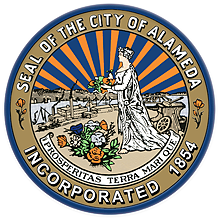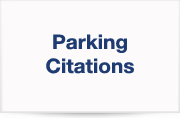If you have been unfortunate enough to have been the victim of a crime, we hope our response to your problem was quick and efficient. If however, it seemed like it took forever for the officers to arrive, you may have wondered why it took so long. It may help to ease your frustration a bit if we explain just how we prioritize calls for service.
Why do we need to prioritize? Good question! If we had an unlimited number of officers, and only a small number of calls for service, there would be no need to prioritize. Unfortunately this is not the case. During peak hours, the requests for police services routinely exceeds the number of officers available to respond. We need to decide which calls get dispatched first, and which ones can wait. "In progress” calls are our first priority and the dispatcher you are talking to will ask questions; they are simply trying to get enough information to set a priority for your call.
Let's look at a few typical calls and see how this works. Let's say we have the following calls waiting to be dispatched:
- A man came home from work to find that someone has broken into his garage and had stolen his bicycle.
- A woman is being attacked in the park.
- Someone appears to be trying to steal a car.
- There is a non-injury accident, both cars have pulled to the side of the road waiting for the police to show up.
The woman being attacked would be dispatched first. The car theft would be next. We would send an officer to the accident before the theft from the garage. We would not want the people to wait too long at the side of the road. The man who had his bicycle stolen is at home and may have to wait.
We try our best to have an officer at your door within a reasonable time for routine calls. The average response time to our highest priority calls is under 4 minutes. Most of the time we meet this goal. Thank you in advance for your understanding when we do not.






